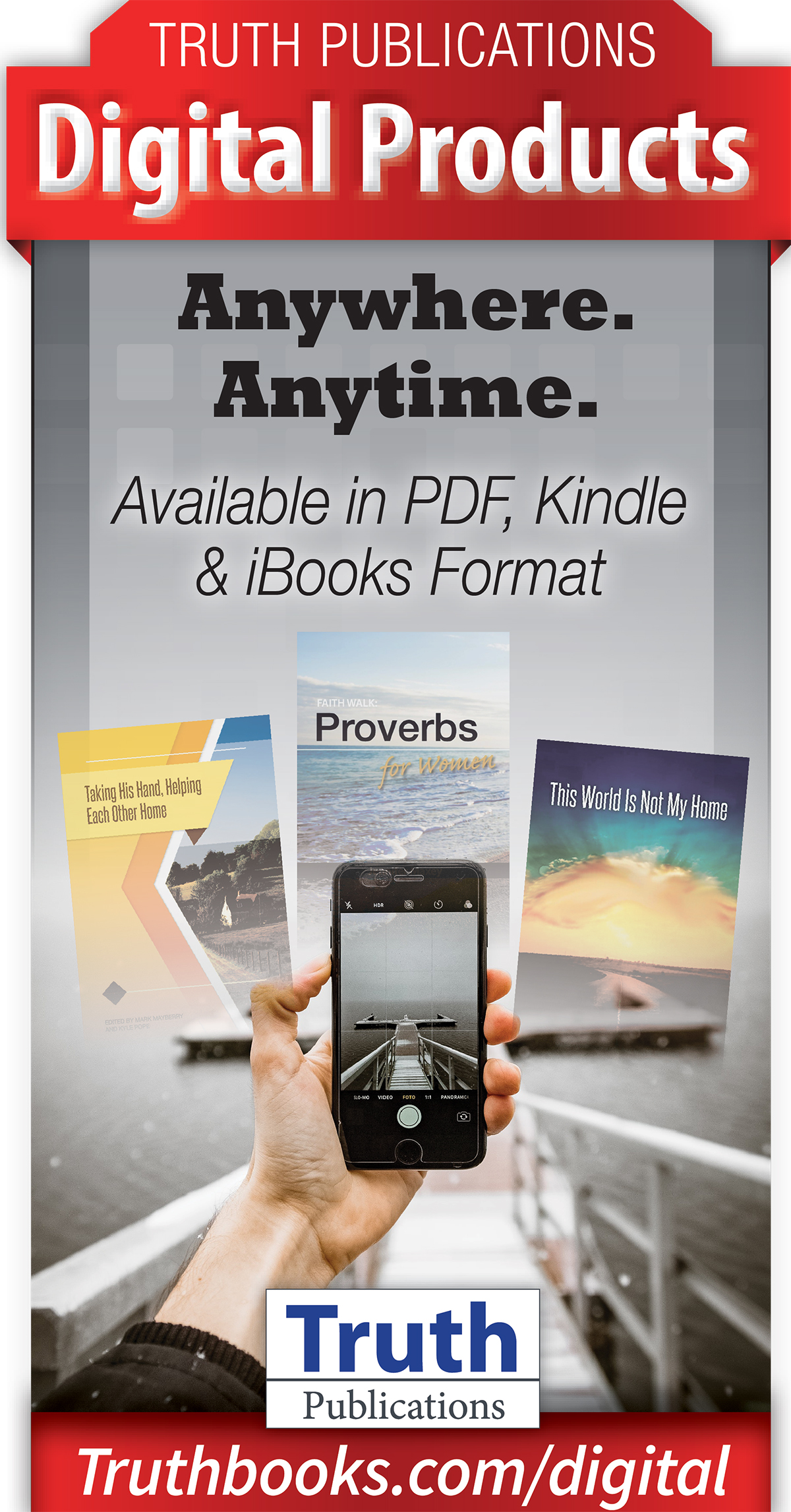

by Steve Wolfgang
Synopsis: Logos Bible Software is promoted as "Your Personal Bible Study Assistant." Many students of God's word rely upon Logos for quick access to 100s or 1000s of resources, and performing in-depth study of Sacred Scripture.
How is one to choose the "best" Bible software program? In some ways, that's like asking, "What is the 'best' Bible translation?" One clear answer is: "The one you will read!" So it is with choosing a software package that is best for you: Get one that you can and will use!
In other ways, the question is reminiscent of older controversies in other technological arenas. Some can remember the great cassette/8-track or VHS/Beta debates of yesteryear, or perhaps the Apple/Microsoft platform controversy which has raged for decades. Others include Android vs. iPhone, RAM vs. F150, and Ford vs. Ferrari. Often it depends on what you can afford, what you will use it for, or pure personal preference.
Several free Bible programs and websites offer some of the features of the "premium" programs. For those to whom price is the ultimate issue, these may serve their purpose. I have used some of these (eSword, for instance), as well as some of the older "premium" programs which have fallen by the wayside—e.g., BibleSoft, Hermeneutika/BibleWorks (in memoriam, still a favorite), and Olive Tree (one of the first programs that worked well on a PDA—Palm Pilot, then BlackBerry more than 20 years ago). I still have the Olive Tree Bible App on an iPhone4, which won't die, and I use it for a "backup"!
In today's market, the two "premier" Bible software programs—the most powerful, extensive (and expensive!)—unquestionably are Logos and Accordance. This article is not intended as a detailed "comparison review," and Jared Saltz is writing an article about Accordance (his favorite). However, the two programs are so similar in many respects that it is virtually impossible to describe one without referencing the other, and I will occasionally point out some differences and similarities. Both are outstanding—in my opinion, well worth their price tags—and potential users will not go wrong with either one. Though I've been a Logos user for nearly two decades, I also have Accordance (purchased at a steeply discounted sale at an academic meeting) and some of its basic packages. Yet, I do prefer Logos, so readers may take my bias into account.
Logos Bible Software is described by its publisher, FaithLife Corporation, as "a digital library application designed for electronic Bible study. In addition to basic eBook functionality, it includes extensive resource linking, note-taking functionality, and linguistic analysis for studying the Bible both in translation and in its original languages."
Logos has its roots in the CDWord digital library, developed in the 1990s at Dallas Theological Seminary, and "Libronix"—an earlier system of reading and linking scholarly eBooks. I was already invested in Libronix, and when they merged with Logos (about the time BibleSoft and Hermeneutika were beginning to fade), so using Logos (the current version is Logos 8) seemed logical. Since Accordance was initially available only on Apple platforms, Logos made more sense for those in the Microsoft "universe."
Indeed, for years, this was one of the fundamental differences between Logos and Accordance. One was available on Apple platforms; the other on Microsoft Windows-oriented systems. Logos was designed, in fact, by ex-Microsoft employees who left the corporation in the 1990s to produce high-quality Bible-study software. About a decade ago, both programs could operate in limited ways on clunky "emulator" programs, but now, with continued development, both appear fully functional across the major platforms.
Some claim that Accordance is faster in terms of linguistic analysis, and in past versions of the two programs, that was likely correct. With each major upgrade, the applications have converged and now operate similarly. Some dispute this claim, but in my experience, the difference is not especially noticeable. Indeed, if one's main aim is to delve deeply into the grammar, syntax, and other features of the original biblical languages, Accordance is the program of choice.
Since many Bible students want more from their software than original language study—as crucial as it is—some other features of Logos are important. Logos functions on one basic level as an eBook reader with the broadest selection of works of any Bible software available. Logos offers nearly 150,000 Bible-related titles from 200+ publishers, including the major "evangelical" and other religious publishers, plus scholarly sources like Oxford University Press, and more. Logos also publishes its own Lexham Bible Reference series, featuring new scholarship on the original biblical languages.
Two products, likely of interest to readers of this paper, are the series of Florida College Lecture books from 1974-2011, and the complete archived run of Christianity Magazine from 1984-1999, all linked and searchable. Several people have asked me when the Truth Commentary series will be available on Logos. There have been discussions with Logos, but the process has been slow, and converting to a Logos format can be expensive.
Logos is not just a reader, but is more like a concordance on steroids—and not merely across the spectrum of various Bible translations. Because of the interlinking capabilities of the software, it is much easier to compare multiple resources on a given text or topic. Imagine the cumbersome process of stacking up on your desk the various lexicons, word studies, encyclopedias, etc. of biblical subjects that are required for this sort of in-depth research.
Over the years, I have not been a big fan of commentaries, but experience has taught me not to adopt an arrogant viewpoint that thinks what the Spirit reveals to me through the words of Scripture should create disdain for what the Scripture reveals to others. Additional circumstances have changed as well. When I began preaching, the number of commentaries available was more limited than today. Over the last half-century, there has been a virtual explosion, not only of commentaries, but other works dealing with the documentary, linguistic, archaeological, and other sources of the flood of information related to Bible study, which has become available since then. Logos has made the ability to compare these resources with a few mouse-clicks truly an amazing phenomenon. To be able to do so virtually from anywhere in the world, on a laptop, tablet, or mobile phone, rather than going to a library and stacking up whatever resources they might have, is nothing short of revolutionary. Don't neglect some of those older sets such as Keil and Delitzsch, the ISBE, JFB, etc., which are still useful, though dated, in some respects. (And, yes, I still use print libraries, including my own.)
One disadvantage of how books and other resources (journals especially) are made available in Logos (and other programs) is that they are "bundled," which can result in accumulating many works that are irrelevant to your needs. When one reaches a certain level, it makes less sense to continue to upgrade to more expensive tiers, than to purchase specific sets or volumes which serve your purposes—hopefully when they come up on the frequent sales. Significant discounts are also available to students, and at various professional academic meetings. Another caution relates to the "evil genius" credit/payment plans available—use wisely if at all!
If one is contemplating diving into the premium Bible software ocean, one sensible strategy could be to get the free basic Logos program and begin accumulating the free and steeply discounted resources which Logos makes available each month. It is also possible to gain access to all available resources for a monthly rental fee. After exploring the whole range of resources, one might decide whether, or at what level, to switch to an ownership approach. Another peeve is that the contents of various levels (Silver, Gold, Platinum, etc.) sometimes get re-arranged as major upgrades are implemented. Yet, you will never lose any books you have purchased. One advantage of owning a resource is that there are websites where those may be sold (or the license transferred) if one wished to divest oneself of those digital products.
Here's to continued and ever-more-useful Bible study—whatever program you use!
Author Bio: Steve has worked with the church in Downers Grove (suburban Chicago) since 2008. He and his wife, Bette, have two adult children and three grandchildren. His blog, eklektikos, can be read at stevewolfgang.wordpress.com. He can be reached at stevewolfgang@aol.com or wolf@uky.edu.
